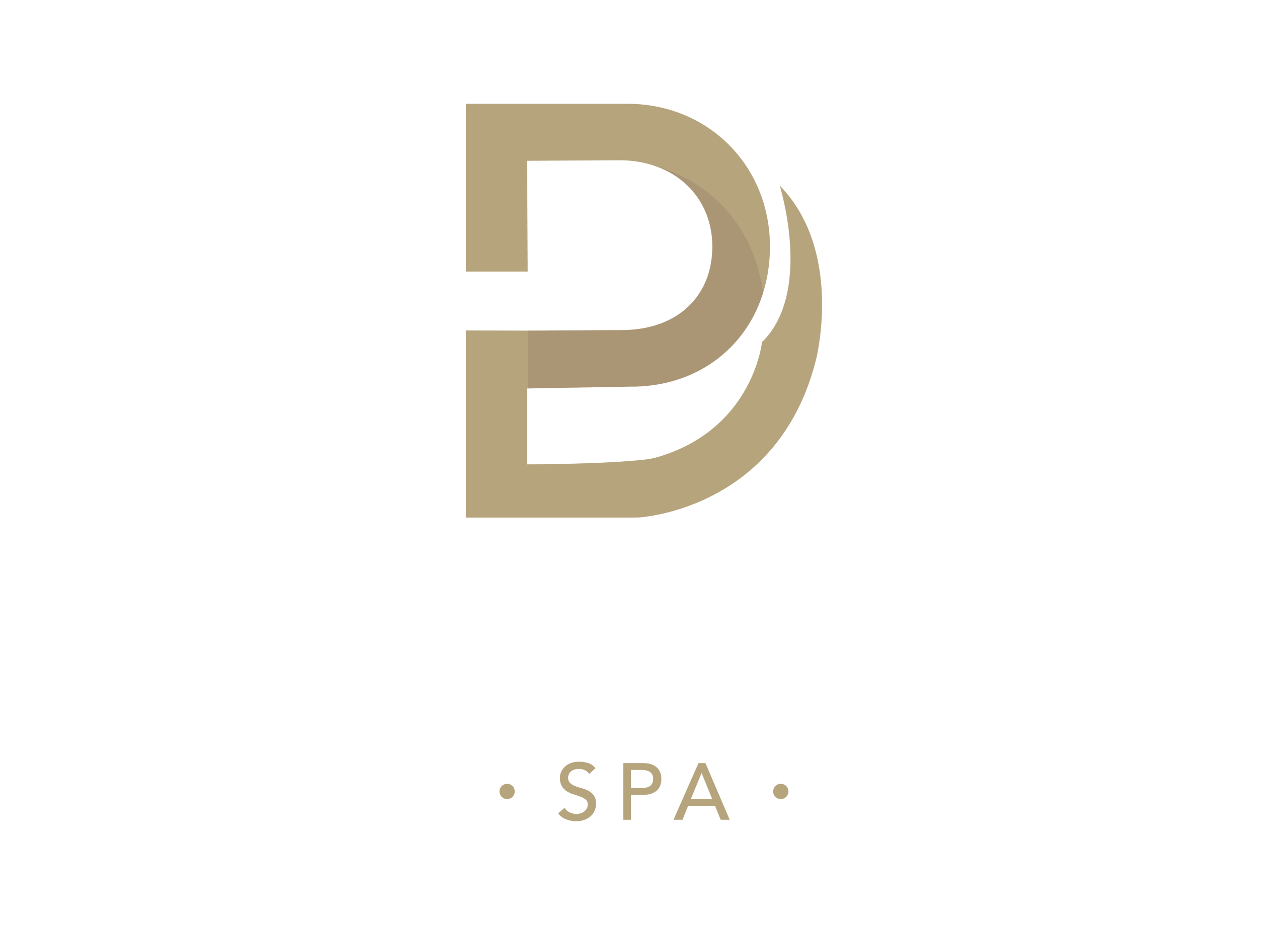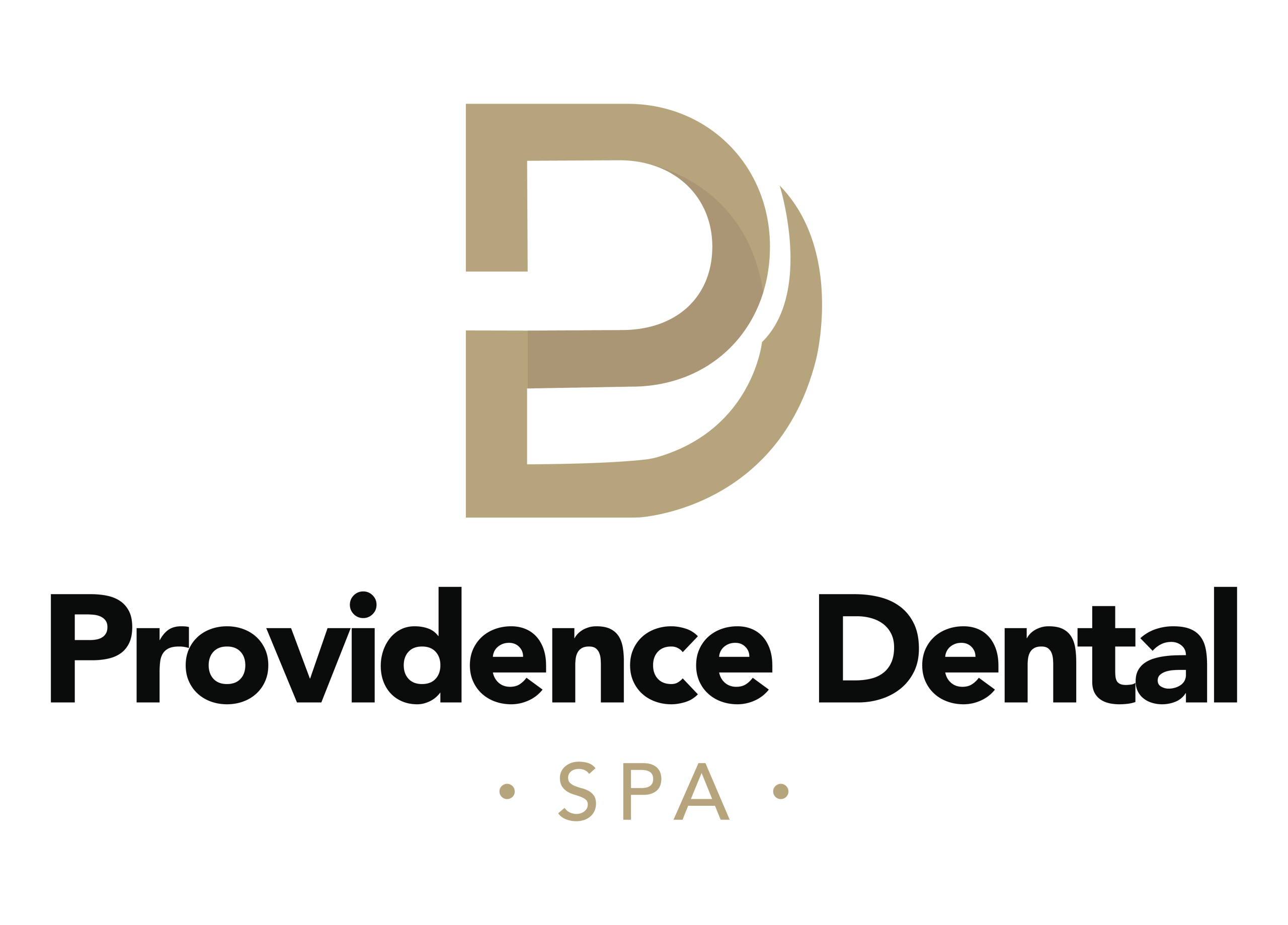- About Us
- Patient Resources
- Gallery
- Services
- Orthodontics
- Teeth Whitening
- Inlays & Onlays
- Bonding
- Ceramic Veneers
- Family Dentistry
- Sealants
- Scaling & Root Planing
- General Cleaning
- Dentures
- Root Canals
- Ceramic Bridges
- Ceramic Crowns
- Ceramic Restorations
- Composite Fillings
- TeethXpress
- TMJ, TMD, Migraine Treatment
- Wisdom Teeth Removal
- Tooth Extractions
- Sedation Dentistry
- Teeth in a Day
Cosmetic Dentistry
Whole Health Dentistry
- Blog
- Contact Us
- About Us
- Patient Resources
- Gallery
- Services
- Orthodontics
- Teeth Whitening
- Inlays & Onlays
- Bonding
- Ceramic Veneers
- Family Dentistry
- Sealants
- Scaling & Root Planing
- General Cleaning
- Dentures
- Root Canals
- Ceramic Bridges
- Ceramic Crowns
- Ceramic Restorations
- Composite Fillings
- TeethXpress
- TMJ, TMD, Migraine Treatment
- Wisdom Teeth Removal
- Tooth Extractions
- Sedation Dentistry
- Teeth in a Day
Cosmetic Dentistry
Whole Health Dentistry
- Blog
- Contact Us
-
Macon: (478) 733-0857Macon: (478) 733-0857
-
Newnan: (770) 252-1300Newnan: (770) 252-1300
-
East Cobb: (678) 250-5288East Cobb: (678) 250-5288
- About Us
- Patient Resources
- Gallery
- Services
- Orthodontics
- Teeth Whitening
- Inlays & Onlays
- Bonding
- Ceramic Veneers
- Family Dentistry
- Sealants
- Scaling & Root Planing
- General Cleaning
- Dentures
- Root Canals
- Ceramic Bridges
- Ceramic Crowns
- Ceramic Restorations
- Composite Fillings
- TeethXpress
- TMJ, TMD, Migraine Treatment
- Wisdom Teeth Removal
- Tooth Extractions
- Sedation Dentistry
- Teeth in a Day
Cosmetic Dentistry
Whole Health Dentistry
- Blog
- Contact Us
- About Us
- Patient Resources
- Gallery
- Services
- Orthodontics
- Teeth Whitening
- Inlays & Onlays
- Bonding
- Ceramic Veneers
- Family Dentistry
- Sealants
- Scaling & Root Planing
- General Cleaning
- Dentures
- Root Canals
- Ceramic Bridges
- Ceramic Crowns
- Ceramic Restorations
- Composite Fillings
- TeethXpress
- TMJ, TMD, Migraine Treatment
- Wisdom Teeth Removal
- Tooth Extractions
- Sedation Dentistry
- Teeth in a Day
Cosmetic Dentistry
Whole Health Dentistry
- Blog
- Contact Us
-
Macon: (478) 733-0857Macon: (478) 733-0857
-
Newnan: (770) 252-1300Newnan: (770) 252-1300
- About Us
- Patient Resources
- Gallery
- Services
- Orthodontics
- Teeth Whitening
- Inlays & Onlays
- Bonding
- Ceramic Veneers
- Family Dentistry
- Sealants
- Scaling & Root Planing
- General Cleaning
- Dentures
- Root Canals
- Ceramic Bridges
- Ceramic Crowns
- Ceramic Restorations
- Composite Fillings
- TeethXpress
- TMJ, TMD, Migraine Treatment
- Wisdom Teeth Removal
- Tooth Extractions
- Sedation Dentistry
- Teeth in a Day
Cosmetic Dentistry
Whole Health Dentistry
- Blog
- Contact Us
- About Us
- Patient Resources
- Gallery
- Services
- Orthodontics
- Teeth Whitening
- Inlays & Onlays
- Bonding
- Ceramic Veneers
- Family Dentistry
- Sealants
- Scaling & Root Planing
- General Cleaning
- Dentures
- Root Canals
- Ceramic Bridges
- Ceramic Crowns
- Ceramic Restorations
- Composite Fillings
- TeethXpress
- TMJ, TMD, Migraine Treatment
- Wisdom Teeth Removal
- Tooth Extractions
- Sedation Dentistry
- Teeth in a Day
Cosmetic Dentistry
Whole Health Dentistry
- Blog
- Contact Us
Bonding
A Simple and Affordable Solution to Dramatically Improve the Appearance of Your Teeth
What Is Bonding?
Known for its versatility and affordability, bonding is a practice which uses high quality composite resin to repair damaged teeth. Whether chipped, fractured, decayed, or discolored, the tooth colored resin can restore the affected tooth or teeth easily.
Benefits of Bonding
Repair teeth quickly in a single visit.
Restore your smile with undetectable tooth colored resin.
Protect the affected tooth from further exposure to disease and decay.
Renew proper function of your teeth.
Save time and money through a simple process.
Establish your comfort.
Thankfully, the bonding process rarely requires anesthesia or any sort of numbing. Even though the procedure is not pain-inducing, we will ensure you are relaxed about the process before we begin. All of your concerns and questions will be addressed clearly.
Match the color and prepare the tooth.
Bonding is a quick solution because no impressions sent to a lab are required. The resin already is prepared in a variety of shades to guarantee a seamless repair. Once we have determined the ideal shade, we will slightly texture the surface of your tooth and apply a conditioning liquid to optimize your tooth to bond properly.
Adhere and secure the resin.
The resin putty is carefully placed and shaped to blend with your natural smile. We will utilize an ultraviolet light to solidify the resin quickly.
Trim and polish.
When the resin is set, we will meticulously critique and adjust the repaired tooth until it looks natural. With polish, the repaired tooth will be revitalized to shine like the rest of your smile.
FAQs
Dental bonding is a cosmetic dental procedure that involves applying a tooth-colored resin material to your teeth to cover up any flaws or imperfections, such as chips, cracks, discoloration, or gaps.
Dental bonding typically lasts 3 to 10 years, depending on how well you care for your teeth and the type of bonding material used.
The cost of dental bonding varies depending on several factors. Dental bonding costs around $300 to $600 per tooth.
Most dental insurance plans do not cover dental bonding since it is considered a cosmetic procedure. However, some insurance plans may provide partial coverage depending on the need/cause.
Dental bonding is not permanent and may need to be replaced over time.
No, dental bonding does not typically hurt, and most patients do not require anesthesia for the procedure.
Dental bonding is relatively strong but not as strong as other dental restorations, such as crowns or veneers. It can withstand normal wear and tear but may chip or break if subjected to excessive force.
Dental bonding usually takes 30 to 60 minutes per tooth, depending on the extent of the bonding needed.
Dental bonding is made of a tooth-colored resin material that is applied to your teeth and then cured with a special light.
No, dental bonding does not ruin your teeth. The bonding material is non-invasive and requires no drilling or removal of healthy tooth structure.
Dental composite bonding is the same as dental bonding and involves using a tooth-colored resin material to improve the appearance of your teeth.
Yes, dental bonding looks natural and can be matched to the color of your existing teeth.
Tooth bonding can break or chip if not taken care of properly. Avoid biting down on hard objects and follow good oral hygiene practices to ensure the bonding lasts as long as possible.

